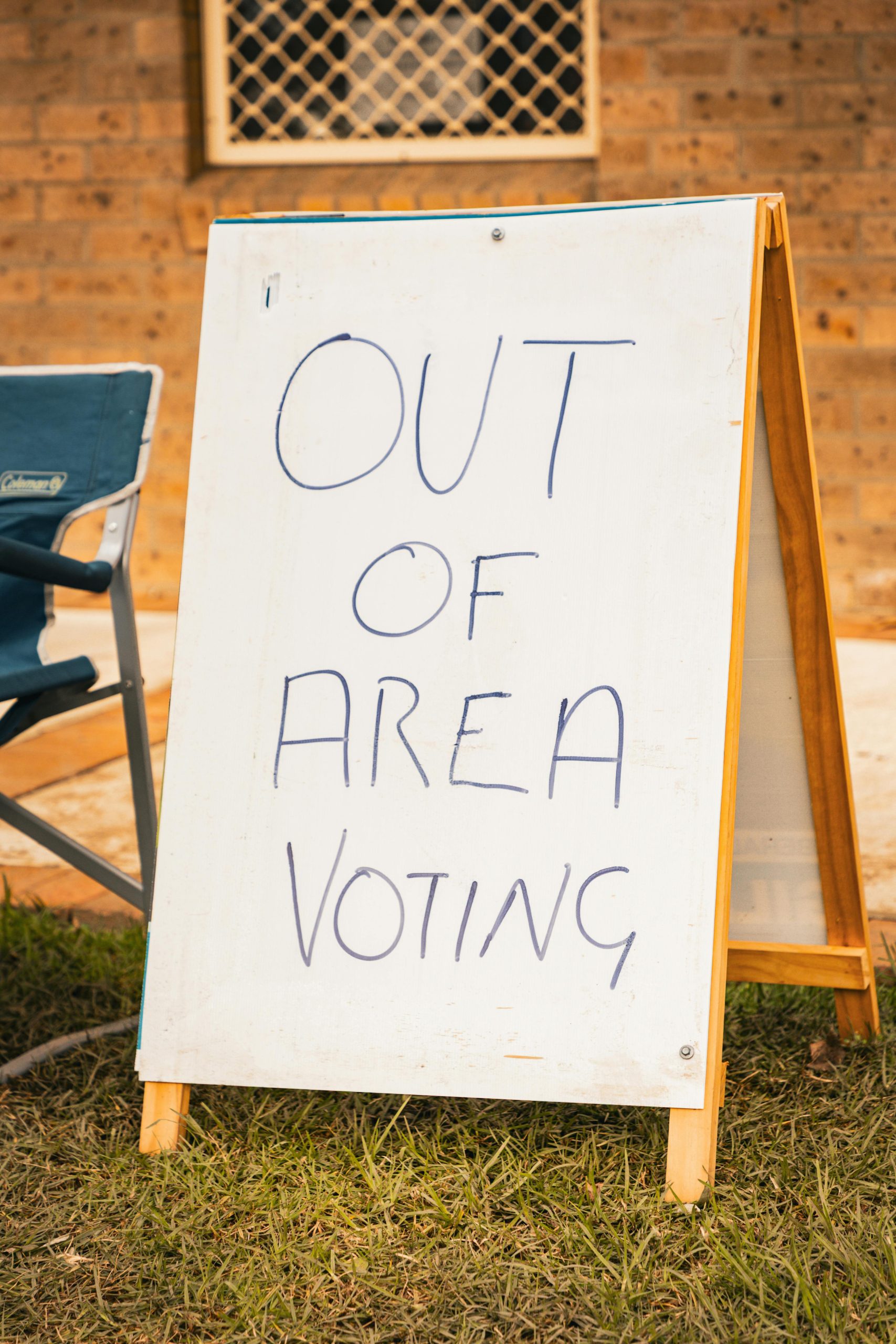Iran’s state media has been penalized for broadcasting coerced confessions. Why does it continue to operate in Australia?


Iran’s state media has been penalized for broadcasting coerced confessions. Why does it continue to operate in Australia?

Is feminism facing a decline in 2025? The situation is multifaceted.

Hey Qantas, could you please reconsider the music selection for your new ads? That track sounds like a strange mix of Sheppard and Mumford & Sons, and it’s playing during

Title: The Impact of Bulk Billing and Dental Coverage on Australia’s Election: Insights from Voters As Australia approaches its upcoming election, a pivotal concern among voters has emerged: the future
The situation surrounding Iran’s state media outlet operating in Australia is complex. While sanctions may target specific activities or practices—such as airing forced confessions—these outlets can still function in other capacities, often under the guise of providing news or cultural programming.
Moreover, the legal frameworks surrounding media operations can vary by country. Australia may not have specific laws prohibiting a foreign state media outlet from operating, unless it poses a direct threat to national security or violates Australian law. It’s also important to consider the principles of free speech and press, which can complicate the response to foreign media—even those associated with regimes known for human rights abuses.
Public pressure and advocacy can play a role in addressing these issues, urging regulators to reassess the presence of such outlets and their content. If there’s a concern about the nature of their broadcasts, it may prompt discussions regarding the responsibilities of media to adhere to ethical reporting standards.